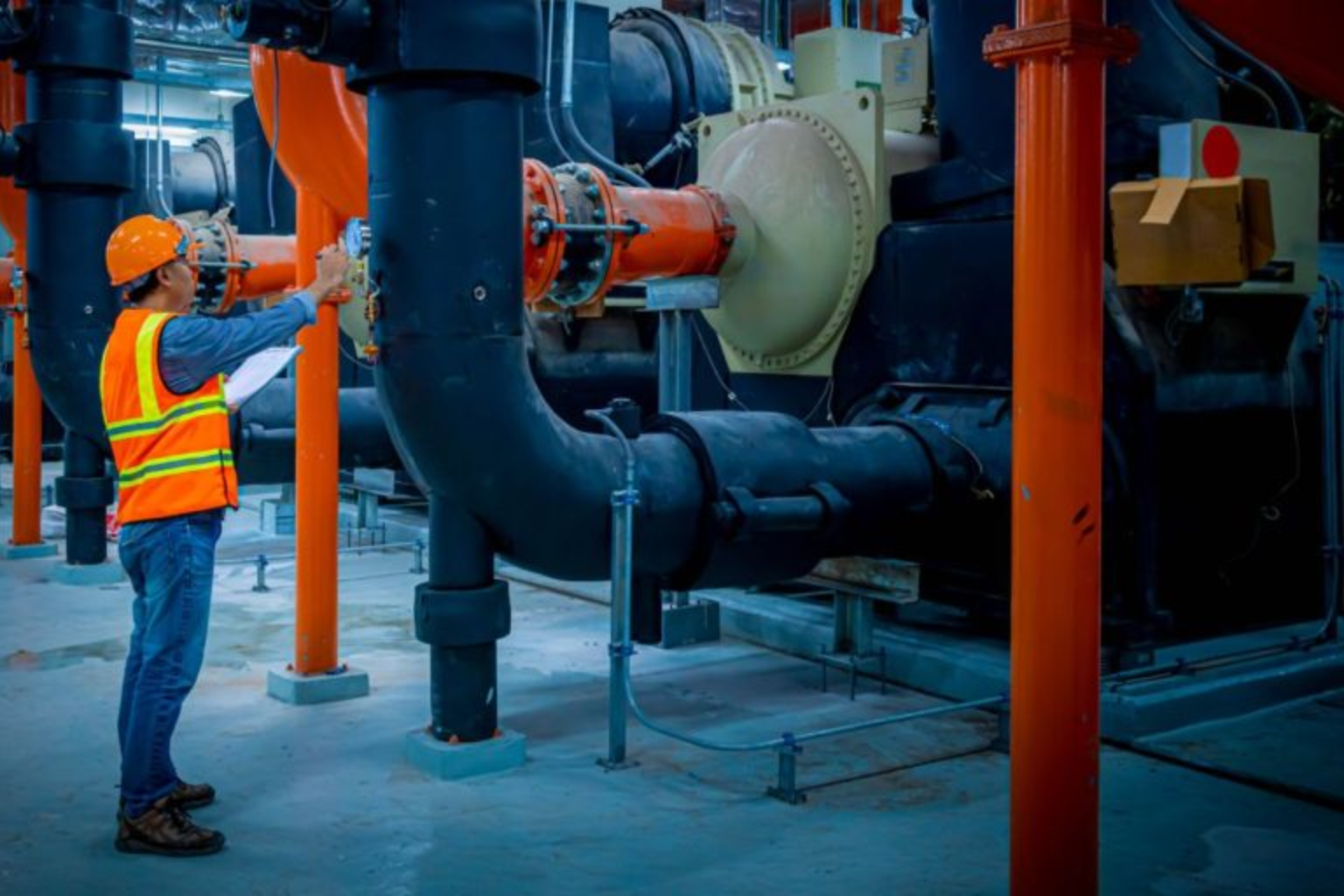
The Importance of Commercial Water Treatment, Residential Water Systems, and Water Testing for Clean and Safe Water
Water is something we all rely on daily, but how often do we stop and think about the quality of the water coming from our taps? Clean, safe water is essential not only for drinking and cooking but also for washing, bathing, and cleaning. Whether you run a business or are simply managing a household, ensuring your water is free of contaminants and other issues is critical for your health, comfort, and even your wallet. That’s where commercial water treatment, residential water systems, and water testing come into play.
In this article, we’ll explore why these three water solutions are so important, how they differ for businesses and homes, and how they can help ensure you’re using the cleanest and safest water possible. If you’ve ever wondered whether your water quality could be improved, keep reading—this article might just be the answer.
What is Commercial Water Treatment?
When you think of water treatment, you might imagine a simple filter installed under the sink or a pitcher on the countertop. However, businesses, especially those in food production, manufacturing, or healthcare, often face far more complex water issues that require industrial-grade solutions. This is where commercial water treatment steps in.
Commercial water treatment involves a range of processes and technologies designed to address the unique water needs of businesses. Whether it’s removing harmful contaminants, treating hard water, or ensuring a constant, reliable water supply for production, commercial water treatment systems are essential. These systems can include:
- Reverse Osmosis (RO): Ideal for removing dissolved solids, chemicals, and impurities that affect the water’s taste and safety. Many industries rely on RO systems to ensure the purity of their water for production or consumption.
- Water Softening Systems: These systems are used in businesses where hard water could damage equipment, reduce efficiency, or interfere with operations. By reducing minerals like calcium and magnesium, softeners ensure smoother operations.
- Ultraviolet (UV) Disinfection: UV light systems are used in many commercial applications to kill bacteria and viruses, ensuring the water is microbiologically safe without the need for chemicals.
- Filtration Systems: Industrial-grade filters can be tailored to remove specific contaminants, such as chlorine, lead, or sediment, depending on the water source and quality.
Commercial water treatment is more than just a luxury—it’s often necessary to maintain quality standards, comply with regulations, and keep operations running smoothly. Whether you’re in hospitality, healthcare, food service, or any other industry that relies on water, treating it to the highest standards protects both the business and its customers.
Residential Water Systems: Making Clean Water Accessible at Home
While commercial water treatment handles large-scale needs, residential water systems focus on providing high-quality water for households. If you’ve noticed your water tasting odd, leaving mineral deposits on your dishes, or feeling harsh on your skin, then your home may need some extra attention.
In residential settings, the issues with water can vary significantly depending on where you live. Hard water is common in many areas, leaving behind mineral deposits that clog pipes, damage appliances, and leave unsightly stains. Similarly, some water sources are more likely to contain chlorine, iron, or even bacteria. That’s where a good residential water system comes in.
There are a few key types of systems you might consider:
- Water Softeners: Hard water is a widespread issue in many homes, and a water softener can significantly reduce mineral buildup. By replacing calcium and magnesium with sodium, these systems prevent scale buildup in your pipes and appliances, extending their lifespan.
- Reverse Osmosis Systems: For those concerned with the purity of their drinking water, a reverse osmosis system is an excellent choice. This system removes impurities like chlorine, lead, and other contaminants that affect water taste and safety.
- Whole House Filtration Systems: If you want to improve the quality of your water throughout your entire home, a whole-house filtration system can remove a variety of contaminants, including chlorine, sediment, and heavy metals. These systems typically use activated carbon, sediment filters, and sometimes UV light for added protection.
- Point-of-Use Filters: If you’re just concerned about the water you drink or cook with, installing a point-of-use filter on your kitchen faucet can be a cost-effective solution. These filters can be designed to target specific contaminants, like lead or chlorine.
Having a residential water system not only improves the taste and safety of your water but can also protect your plumbing and appliances from the damaging effects of hard water or contaminants. Plus, it’s a simple way to ensure that the water you drink is clean and free from harmful substances.
Water Testing: The First Step in Water Treatment
Whether you’re running a business or simply want to improve your home’s water quality, water testing is an essential first step. It’s easy to assume that the water coming from the tap is safe, especially if you’re connected to a public water supply, but that’s not always the case. Contaminants can sneak in from a variety of sources, and their presence might not always be obvious.
Water testing helps identify what’s actually in your water, which is key to choosing the right treatment system. Whether you’re dealing with hard water, iron, bacteria, or any other contaminant, testing gives you a clear picture of your water’s quality. Here’s why it’s important:
- Identifying Contaminants: Water testing allows you to determine what’s present in your water, including heavy metals like lead, bacteria, nitrates, and even pesticides or other chemicals.
- Tailoring Solutions: Once you know what’s in your water, you can select the most appropriate residential water systems or commercial water treatment solutions. For example, if you have high levels of iron in your water, a specialized filter might be needed. If you’re dealing with chlorine taste or smell, an activated carbon filter could be a good choice.
- Preventing Health Risks: Some water contaminants, like bacteria or heavy metals, can have serious health consequences. Regular water testing ensures that you’re not unknowingly consuming harmful substances.
For businesses, water testing is crucial to meeting health and safety standards. In residential settings, it’s simply peace of mind—knowing that you’re drinking and using water that’s safe for your family.
How to Choose the Right Water Treatment System
Now that you understand the importance of commercial water treatment, residential water systems, and water testing, how do you decide which solution is best for you? Here are a few things to consider:
- Assess the Source: Where is your water coming from? Well water might have different issues than city water, so knowing the source will help you determine the best system for your needs.
- Identify Your Issues: Are you dealing with hard water? Contaminants like chlorine or iron? Knowing the problem will help you choose the right treatment system.
- Consider Maintenance: Some systems require more upkeep than others. A reverse osmosis system might need filter changes every six months, while a whole-house filtration system could last much longer with minimal maintenance.
- Get Expert Advice: When in doubt, it’s always a good idea to consult with water treatment experts. They can help guide you toward the right system for your specific needs.
Conclusion
Whether you’re managing a business or maintaining your home, clean and safe water is a priority. From commercial water treatment to residential water systems and essential water testing, there are plenty of ways to ensure that your water quality is top-notch. The right system not only improves the taste and safety of your water but also protects your plumbing, appliances, and your health.
Don’t wait until you notice a problem—take the first step today by getting your water tested and considering the right treatment system. Your water should work for you, not against you.




